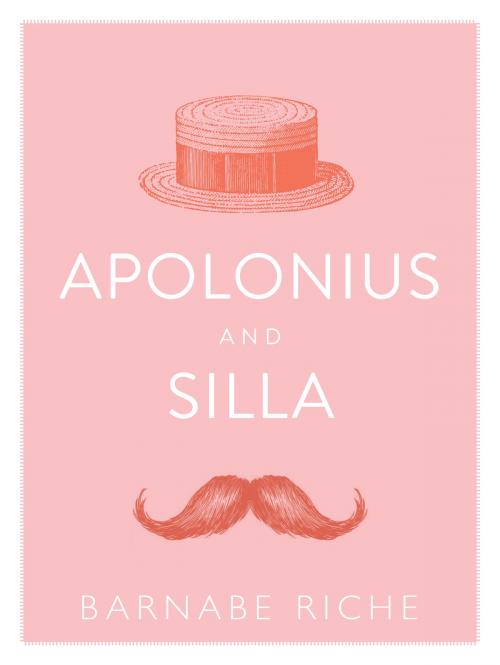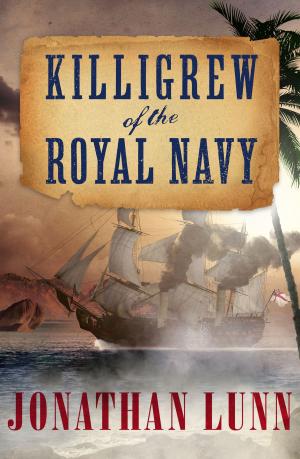| Author: | Barnabe Riche | ISBN: | 9781911420156 |
| Publisher: | Canelo | Publication: | October 24, 2016 |
| Imprint: | Abandoned Bookshop | Language: | English |
| Author: | Barnabe Riche |
| ISBN: | 9781911420156 |
| Publisher: | Canelo |
| Publication: | October 24, 2016 |
| Imprint: | Abandoned Bookshop |
| Language: | English |
The novella that inspired Shakespeare’s Twelfth Night
A worthy and brave duke, Apolonius, is blown off course when sailing to Constantinople and takes shelter on the isle of Cyprus, where he is made welcome by the governor of the island. The governor has two children, a son, Silvio, who is away fighting in Africa and a daughter, Silla, who lives at home with her father.
Silla falls in love with Apolonius and is distraught when he finally leaves for Constantinople. She departs in secret to pursue him but her ship is wrecked in a storm and she manages to survive by clinging to a wooden chest. The chest contains the captain’s clothes and these she uses to disguise herself for the remainder of her journey, adopting the name of her brother.
Thus, as Silvio, she is welcomed into the court of Apolonius, befriends him and becomes his confidant. When he asks her to act as go-between in his courtship of a wealthy widow a chain of events is put in motion that threatens to end in tragedy but is ultimately played out as a great comedy of errors.
William Shakespeare was inspired by Apolonius and Silla to write his own version of the tale, Twelfth Night**. This is an opportunity for readers to enjoy the original story.**
Barnabe Riche (or Barnaby Rich — there are several variants) was an English soldier, born in or around 1540, who turned to writing in 1574. His most popular collection of stories was published in 1581 under the title of Riche his Farewell to Militarie profession: conteining verie pleasaunt discourses fit for a peaceable tyme. Following the end of his military career, Riche lived in Dublin where he acted as an informer for the crown in Ireland under both Elizabeth I and James I. He died in 1617.
The novella that inspired Shakespeare’s Twelfth Night
A worthy and brave duke, Apolonius, is blown off course when sailing to Constantinople and takes shelter on the isle of Cyprus, where he is made welcome by the governor of the island. The governor has two children, a son, Silvio, who is away fighting in Africa and a daughter, Silla, who lives at home with her father.
Silla falls in love with Apolonius and is distraught when he finally leaves for Constantinople. She departs in secret to pursue him but her ship is wrecked in a storm and she manages to survive by clinging to a wooden chest. The chest contains the captain’s clothes and these she uses to disguise herself for the remainder of her journey, adopting the name of her brother.
Thus, as Silvio, she is welcomed into the court of Apolonius, befriends him and becomes his confidant. When he asks her to act as go-between in his courtship of a wealthy widow a chain of events is put in motion that threatens to end in tragedy but is ultimately played out as a great comedy of errors.
William Shakespeare was inspired by Apolonius and Silla to write his own version of the tale, Twelfth Night**. This is an opportunity for readers to enjoy the original story.**
Barnabe Riche (or Barnaby Rich — there are several variants) was an English soldier, born in or around 1540, who turned to writing in 1574. His most popular collection of stories was published in 1581 under the title of Riche his Farewell to Militarie profession: conteining verie pleasaunt discourses fit for a peaceable tyme. Following the end of his military career, Riche lived in Dublin where he acted as an informer for the crown in Ireland under both Elizabeth I and James I. He died in 1617.















